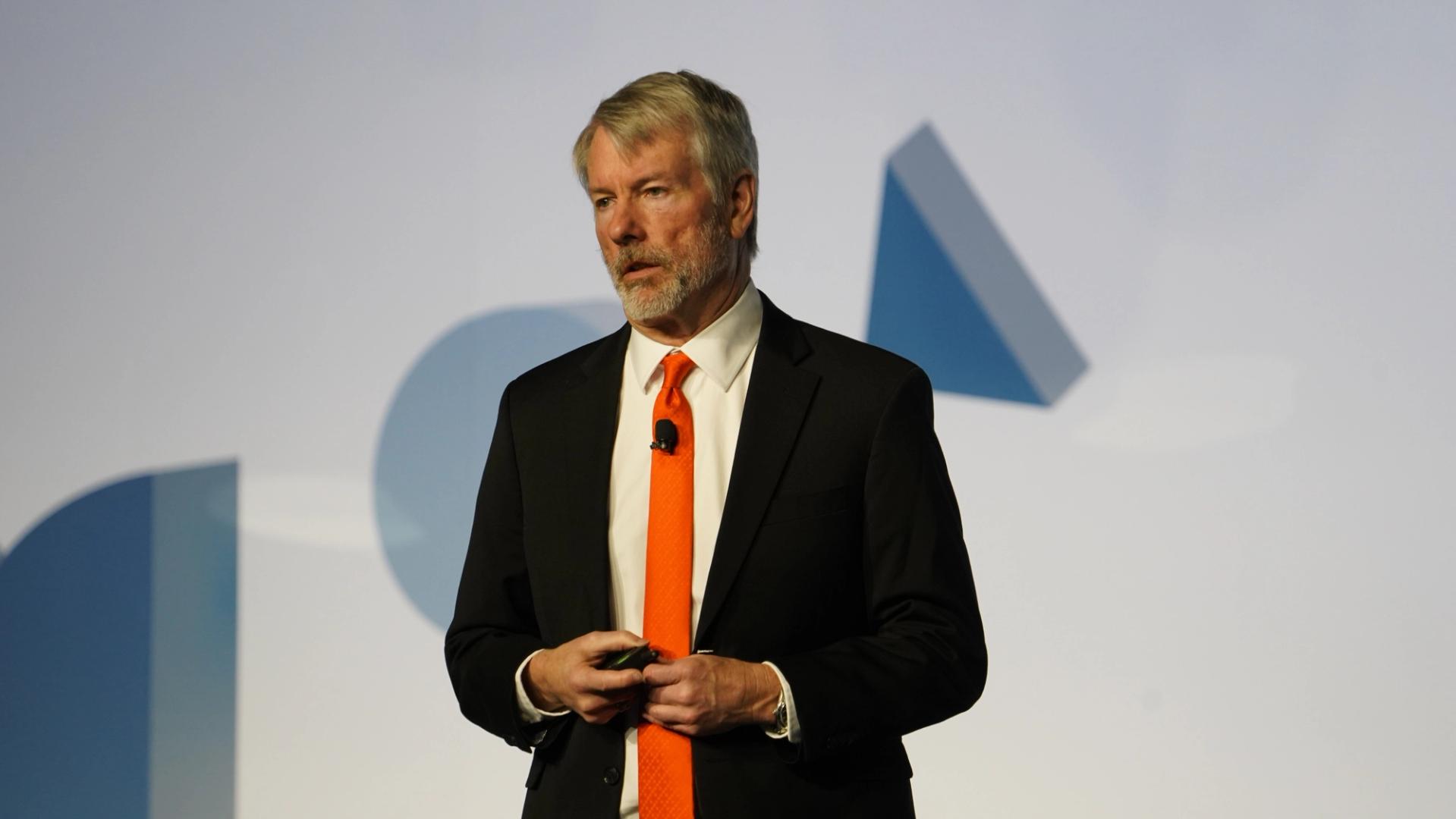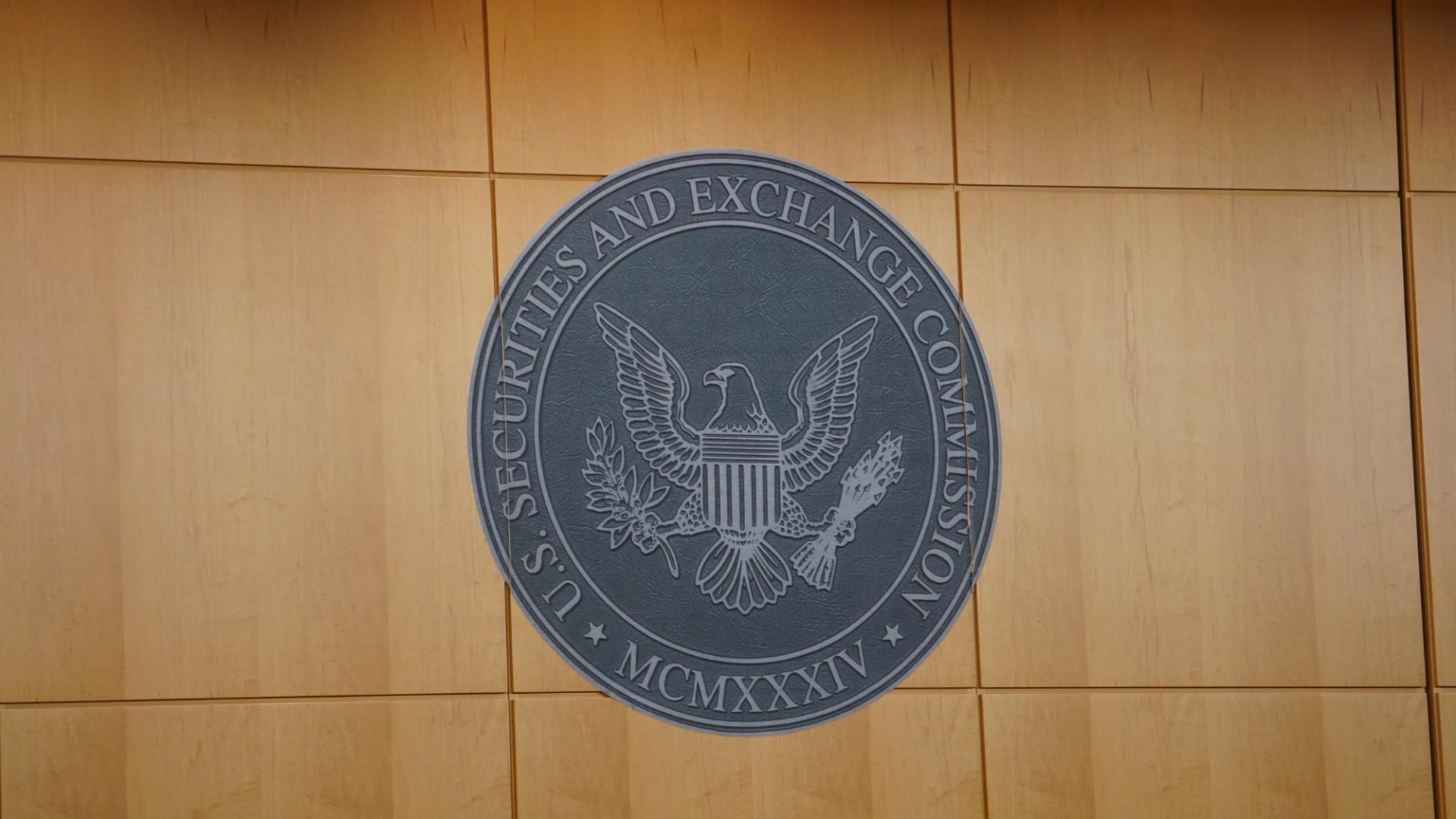In Colorado, gas could soon come with a warning label
The Centennial State may become first in the nation to require retailers to warn consumers that burning fossil fuels “releases air pollutants and greenhouse gases, known by the state of Colorado to be linked to significant health impacts and global heating.” The warning is the linchpin of a bill—HB25-1277—that narrowly passed the state House on April 2 and is scheduled to be heard in the Senate’s Transportation & Energy Committee this week. Its Democratic sponsors say the bill will raise awareness among consumers that combusting gas in their vehicles creates pollutants that harm their health and trap heat in the atmosphere, leading to more intense and extreme weather, wildfires, and drought. The groundbreaking measure would require retailers to place warning labels printed in black ink on a white background in English and Spanish in no smaller than 16-point type on fuel pumps and “in a conspicuous location” near displays offering petroleum-based goods for sale. Proponents compare the stickers to warnings labels on cigarettes that scientific evidence found motivated consumers to reconsider the health impacts of smoking. The labeling bill is backed by environmental groups, including 350 Colorado and the Sierra Club, and opposed by gas stations, chambers of commerce, and energy trade associations. About 136 lobbyist registrations were filed with the secretary of state in the position of support, opposition, or monitoring—a benchmark of the measure’s divisiveness. “The bill, as you’ve heard, seeks to drive systemic change and to help us meet our greenhouse gas emission goals,” state Rep. Junie Joseph (D-Boulder), a sponsor, testified at a House Energy & Environment Committee hearing on March 6. “Colorado is actively working to reduce emissions to comply with the Clean Air Act and state climate targets.” Colorado is on track to meet greenhouse gas emissions reductions of 26% by 2025 and 50% by 2030, over 2005 levels—albeit a year late for each period mandated under state law, according to a November report compiled by the Colorado Department of Public Health and Environment and the Colorado Energy Office. Yet the state is woefully behind in its compliance with federal air quality standards. Emissions from energy industry operations and gas-powered vehicles are the main drivers of the nine-county metropolitan Denver region’s failure to clean up its air over the last two decades. The state’s largest cities rank among the 25 worst in the nation for lung-damaging ozone pollution. Several days before the labeling bill passed the House, the state’s health department said it planned to ask the U.S. Environmental Protection Agency to downgrade its air quality for the second time in a year. The request is intended to give regulators more time to draw up a plan to reduce pollutants that cause a toxic haze that blurs the Rocky Mountains from May to September. Colorado repeatedly touts its “nation-leading” greenhouse gas emissions reduction laws targeting oil and gas production, as well as requirements that utilities transition from fossil fuels to renewable energy. Yet to make long-term progress toward a state mandate to cut emissions 100% by 2050, officials need residents to drive less and carpool and take public transit more. The bill’s sponsors cited a first-in-the-nation labeling law in the city of Cambridge, Massachusetts, as proof such initiatives work. The Cambridge City Council enacted its greenhouse gas label law in 2020. City inspectors affix about 116 bright yellow stickers that read: “Warning. Burning Gasoline, Diesel, and Ethanol has major consequences on human health and on the environment including contributing to climate change” in pump bays at 19 gas stations annually, along with inspection stickers, Jeremy Warnick, a city spokesman, wrote in an email. Early research into the impacts of Cambridge’s labeling law suggest that peer pressure that results from one person seeing a label on a gas pump and telling friends about it at a party can indeed motivate people to reconsider their transportation choices. A measure instituted in Sweden in 2021 that requires labels depicting each fuel grade’s impact on the climate to be installed on gas pumps produced similar results. The warning stickers communicate to people as they’re pumping gas that others in their community acknowledge petroleum products create emissions that are warming the planet, said Gregg Sparkman, an assistant professor of psychology and neuroscience at Boston College. Sparkman’s research found Americans function in a state of “pluralistic ignorance,” essentially “walking around thinking others don’t care about climate change.” A study he co-authored in Nature in 2022 found that most Americans “underestimate the prevalence of support for climate change mitigation policies.” While 66% to 80% of people approve of such measures, Americans estimate the prevalence to be between 37% and 43%, on average, dat
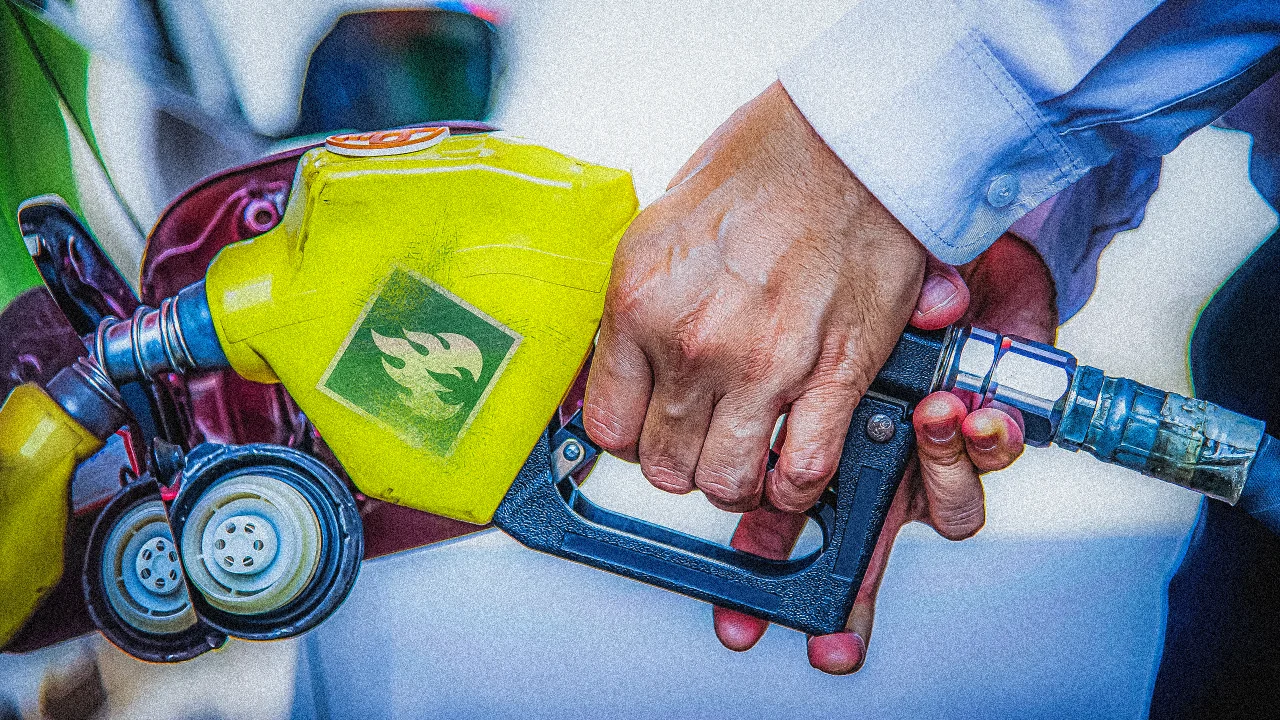
The Centennial State may become first in the nation to require retailers to warn consumers that burning fossil fuels “releases air pollutants and greenhouse gases, known by the state of Colorado to be linked to significant health impacts and global heating.”
The warning is the linchpin of a bill—HB25-1277—that narrowly passed the state House on April 2 and is scheduled to be heard in the Senate’s Transportation & Energy Committee this week. Its Democratic sponsors say the bill will raise awareness among consumers that combusting gas in their vehicles creates pollutants that harm their health and trap heat in the atmosphere, leading to more intense and extreme weather, wildfires, and drought.
The groundbreaking measure would require retailers to place warning labels printed in black ink on a white background in English and Spanish in no smaller than 16-point type on fuel pumps and “in a conspicuous location” near displays offering petroleum-based goods for sale.
Proponents compare the stickers to warnings labels on cigarettes that scientific evidence found motivated consumers to reconsider the health impacts of smoking.
The labeling bill is backed by environmental groups, including 350 Colorado and the Sierra Club, and opposed by gas stations, chambers of commerce, and energy trade associations. About 136 lobbyist registrations were filed with the secretary of state in the position of support, opposition, or monitoring—a benchmark of the measure’s divisiveness.
“The bill, as you’ve heard, seeks to drive systemic change and to help us meet our greenhouse gas emission goals,” state Rep. Junie Joseph (D-Boulder), a sponsor, testified at a House Energy & Environment Committee hearing on March 6. “Colorado is actively working to reduce emissions to comply with the Clean Air Act and state climate targets.”
Colorado is on track to meet greenhouse gas emissions reductions of 26% by 2025 and 50% by 2030, over 2005 levels—albeit a year late for each period mandated under state law, according to a November report compiled by the Colorado Department of Public Health and Environment and the Colorado Energy Office.
Yet the state is woefully behind in its compliance with federal air quality standards. Emissions from energy industry operations and gas-powered vehicles are the main drivers of the nine-county metropolitan Denver region’s failure to clean up its air over the last two decades. The state’s largest cities rank among the 25 worst in the nation for lung-damaging ozone pollution.
Several days before the labeling bill passed the House, the state’s health department said it planned to ask the U.S. Environmental Protection Agency to downgrade its air quality for the second time in a year. The request is intended to give regulators more time to draw up a plan to reduce pollutants that cause a toxic haze that blurs the Rocky Mountains from May to September.
Colorado repeatedly touts its “nation-leading” greenhouse gas emissions reduction laws targeting oil and gas production, as well as requirements that utilities transition from fossil fuels to renewable energy.
Yet to make long-term progress toward a state mandate to cut emissions 100% by 2050, officials need residents to drive less and carpool and take public transit more. The bill’s sponsors cited a first-in-the-nation labeling law in the city of Cambridge, Massachusetts, as proof such initiatives work.
The Cambridge City Council enacted its greenhouse gas label law in 2020. City inspectors affix about 116 bright yellow stickers that read: “Warning. Burning Gasoline, Diesel, and Ethanol has major consequences on human health and on the environment including contributing to climate change” in pump bays at 19 gas stations annually, along with inspection stickers, Jeremy Warnick, a city spokesman, wrote in an email.
Early research into the impacts of Cambridge’s labeling law suggest that peer pressure that results from one person seeing a label on a gas pump and telling friends about it at a party can indeed motivate people to reconsider their transportation choices. A measure instituted in Sweden in 2021 that requires labels depicting each fuel grade’s impact on the climate to be installed on gas pumps produced similar results.
The warning stickers communicate to people as they’re pumping gas that others in their community acknowledge petroleum products create emissions that are warming the planet, said Gregg Sparkman, an assistant professor of psychology and neuroscience at Boston College.
Sparkman’s research found Americans function in a state of “pluralistic ignorance,” essentially “walking around thinking others don’t care about climate change.”
A study he co-authored in Nature in 2022 found that most Americans “underestimate the prevalence of support for climate change mitigation policies.” While 66% to 80% of people approve of such measures, Americans estimate the prevalence to be between 37% and 43%, on average, data showed. Warning labels can cut through this apathy, he said.
“These signs chip away at the mirage—they become one of hopefully many signals that an increasing number of Americans regard this as an emergency that requires urgent action out of government, citizens and everybody,” he said.
In Colorado, gas station owners, as well as representatives of retail trade organizations and the American Petroleum Institute, among others, testified against the labeling bill at the three-hour March 6 House energy committee hearing, calling the legislation an “unfunded mandate” that would “shame consumers” and target retailers with “exorbitant fines.” Some warned it would make gas prices rise.
The law would require convenience stores to design, buy, and affix the labels and to keep them in good condition. If a consumer reported a defaced decal to the state Attorney General’s Office, a store owner could face a $20,000 penalty per violation—standard for violations under the Consumer Protection Act. An amendment added on the House floor would provide retailers with 45 days to fix a problem with a label.
“The gas pump itself is already cluttered with words, numbers, prices, colors, buttons, and payment mechanisms,” Angie Howes, a lobbyist representing Kum & Go, which owns Maverik convenience stores, testified at the committee hearing. “The message will likely be lost in the noise and we question the impact of such a label toward the proponents’ goals.”
Republican and Democratic committee members alike expressed concern about the fines, asking bill sponsors to consider reducing them.
The Colorado Department of Public Health and Environment, or CDPHE, also opposed the measure, citing the state’s efforts to make it easier and cheaper for Coloradoans to reduce their energy use by taking advantage of electric vehicle and heat pump subsidies, among other voluntary measures.
Colorado is already first in the nation in market share of new EVs, Lindsay Ellis, the agency’s director of legislative affairs, testified.
“This bill presupposes that awareness alone is an effective strategy for changing behavior and does so at the liability and expense of small businesses like gas stations,” she said. “We should continue to focus on solutions with measurable emissions reductions to improve air quality.”
Gov. Jared Polis also appears dubious of the measure’s ability to effect long-term change. When contacted by Capital & Main for comment, spokesperson Eric Maruyama cited legislative and administrative strategies that have “cut hundreds of millions of metric tons of cumulative greenhouse gas emissions since 2010.”
“Like CDPHE, Governor Polis is committed to protecting Colorado’s clean air and reducing pollution through proven strategies that are good for the environment, good for consumers, and that empower Colorado businesses and individuals to take meaningful action that improves public health,” Maruyama wrote in an email. “Governor Polis is skeptical of labeling requirements and will review any legislation that reaches his desk.”
Doctors and scientists who testified at the House energy committee hearing on March 6 disagreed.
“I take care of children living in some of the most polluted zip codes in the country, and I can tell you firsthand that burning fossil fuels is making them sick,” Dr. Clare Burchenal, a Denver pediatrician, told the committee.
“Warning labels can connect the abstract threat of a climate emergency with fossil fuel use in the here and now—my patients and their families have a right to know how the products they’re using are impacting their health.”
— Jennifer Oldham, Capital & Main
This piece was originally published by Capital & Main, which reports from California on economic, political, and social issues.











































































































































































![[The AI Show Episode 144]: ChatGPT’s New Memory, Shopify CEO’s Leaked “AI First” Memo, Google Cloud Next Releases, o3 and o4-mini Coming Soon & Llama 4’s Rocky Launch](https://www.marketingaiinstitute.com/hubfs/ep%20144%20cover.png)

































































































































![From fast food worker to cybersecurity engineer with Tae'lur Alexis [Podcast #169]](https://cdn.hashnode.com/res/hashnode/image/upload/v1745242807605/8a6cf71c-144f-4c91-9532-62d7c92c0f65.png?#)

























![BPMN-procesmodellering [closed]](https://i.sstatic.net/l7l8q49F.png)























.jpg?#)
































































































_Tanapong_Sungkaew_via_Alamy.jpg?width=1280&auto=webp&quality=80&disable=upscale#)


.png?#)




































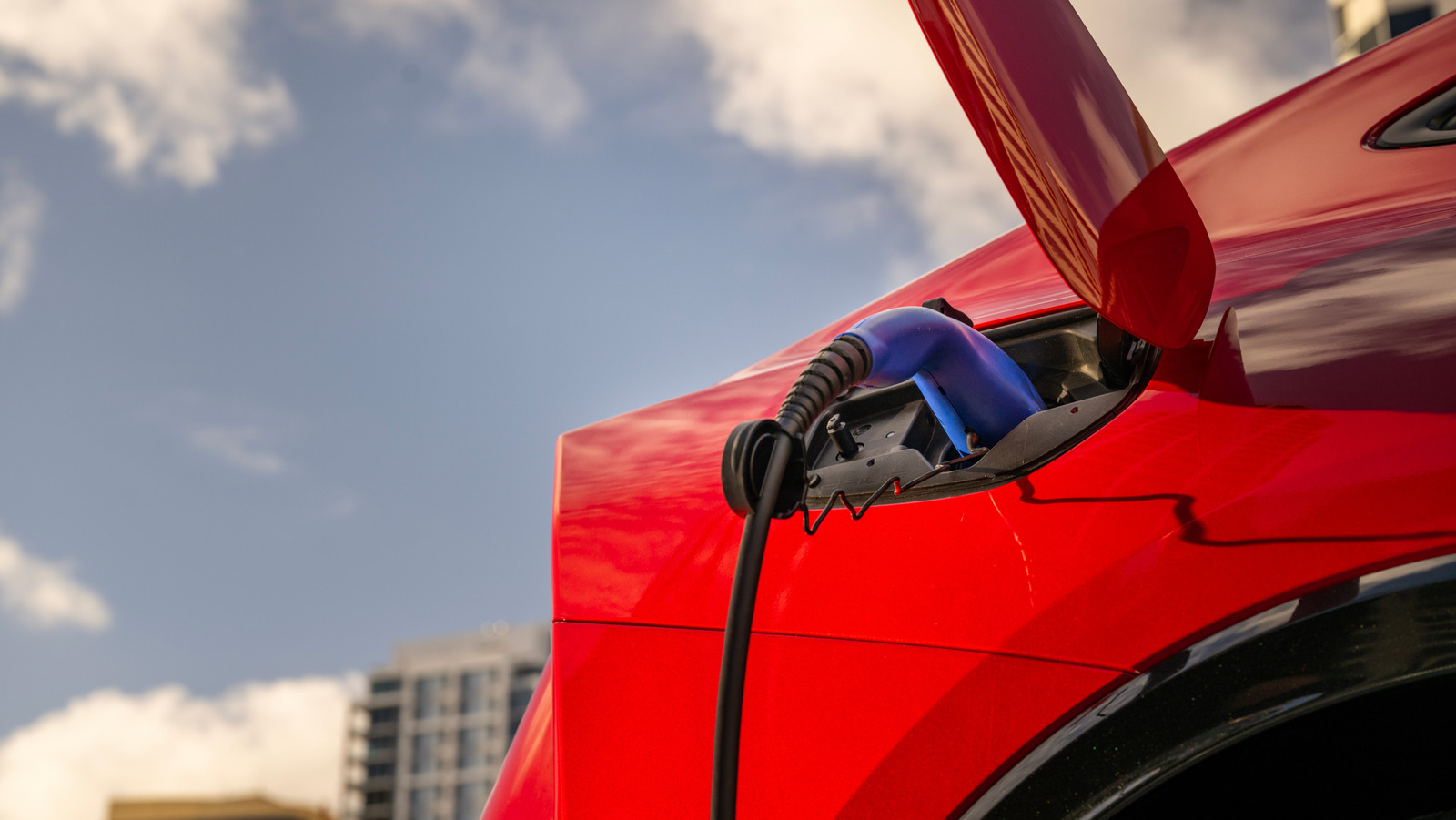
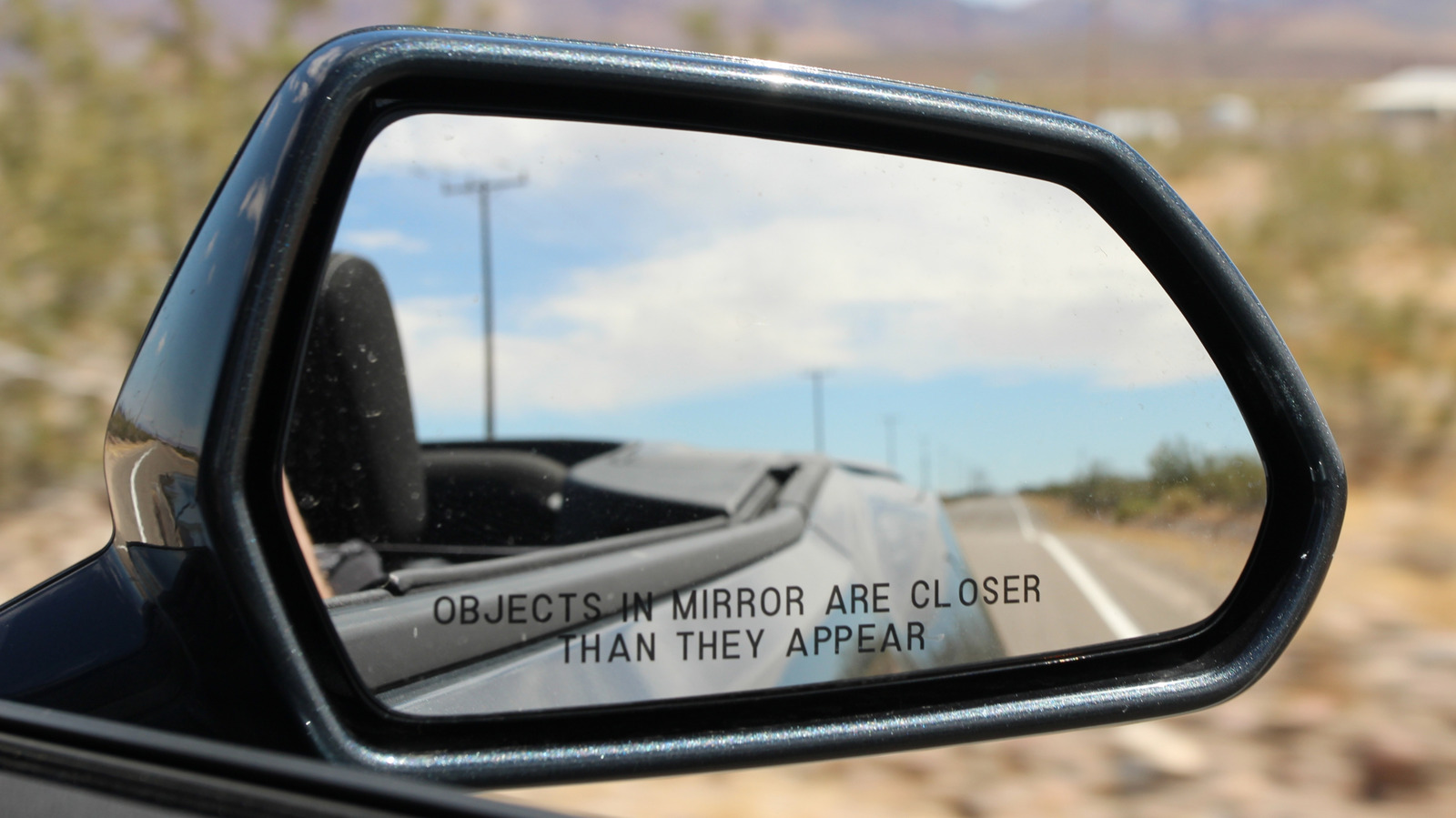

















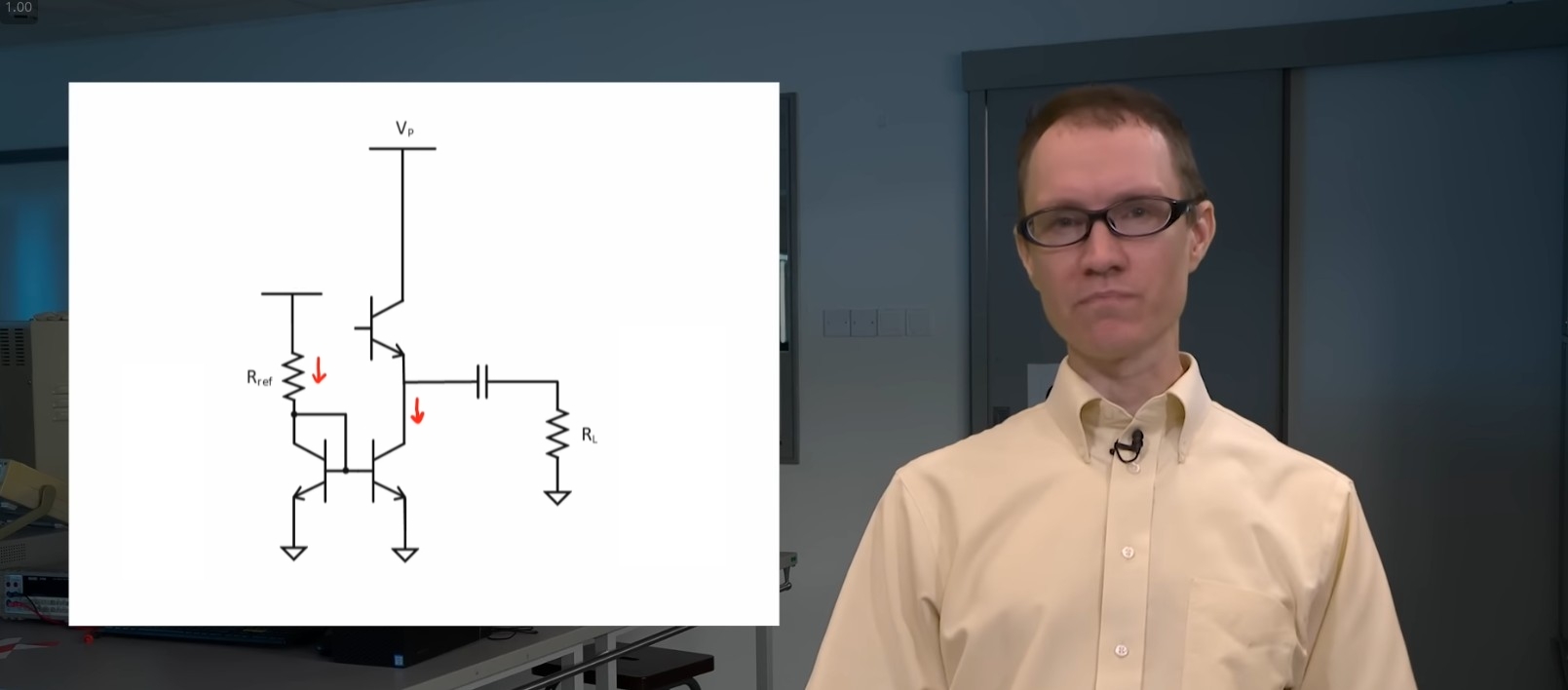









































![CMF Phone 2 Pro has a dual-tone design and improved camera in latest teasers [Gallery]](https://i0.wp.com/9to5google.com/wp-content/uploads/sites/4/2025/04/cmf-phone-2-pro-camera-tease.jpg?resize=1200%2C628&quality=82&strip=all&ssl=1)












![Apple Releases iOS 18.5 Beta 3 and iPadOS 18.5 Beta 3 [Download]](https://www.iclarified.com/images/news/97076/97076/97076-640.jpg)
![Apple Seeds visionOS 2.5 Beta 3 to Developers [Download]](https://www.iclarified.com/images/news/97077/97077/97077-640.jpg)
![Apple Seeds tvOS 18.5 Beta 3 to Developers [Download]](https://www.iclarified.com/images/news/97078/97078/97078-640.jpg)
![Apple Seeds watchOS 11.5 Beta 3 to Developers [Download]](https://www.iclarified.com/images/news/97079/97079/97079-640.jpg)





























![Mobile Legends: Bang Bang [MLBB] Free Redeem Codes April 2025](https://www.talkandroid.com/wp-content/uploads/2024/07/Screenshot_20240704-093036_Mobile-Legends-Bang-Bang.jpg)


























































































